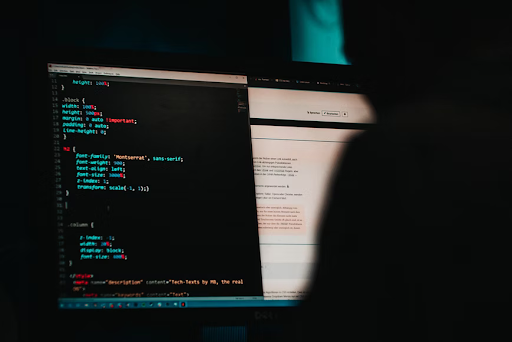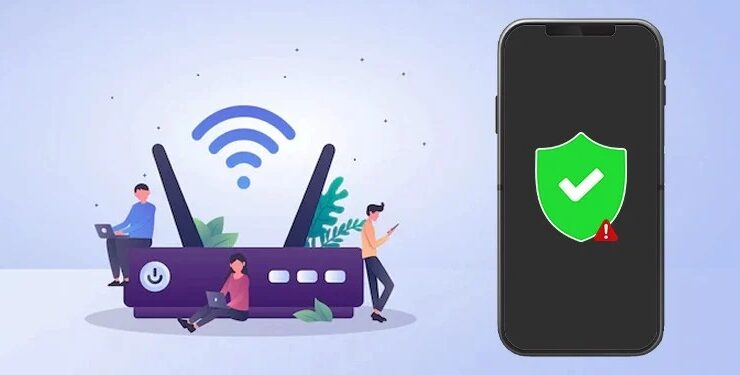
As the world is becoming more and more virtual, you must start thinking about your online security. A lot of your life is online, and you need to protect yourself. Luckily, there are a few hacks you can use to keep the hackers off your back.
You want to make sure no one enters your account apart from you. These days, however, you need to be clever if you want to keep the hackers away. But how do you do that? It all starts with your password.
Make it as difficult as possible…
Coming up with a great password is not easy. Remembering it is even more difficult. Remembering several different passwords all at once is close to impossible. This is why most people choose one or two different passwords and apply these to all of their accounts. Needless to say, this is a huge security breach waiting to happen. So, how do you come up with new and unique passwords every time you create an account?
The best way to get around it is to make your passwords as random as possible. Don’t use your date of birth, your pet’s name, your middle name, your mother’s name, or anyone’s name for that matter! The number one rule is to not use any personal information when creating a password. These are the first combinations that a hacker will try and use in an attempt to enter your account. Make it as difficult for the hackers as you possibly can. Generate a password with passwordhero.com and create a new password that will surely throw off the hackers.
Of course, by using this technique you risk making your password too difficult to remember. But don’t worry. You won’t have to memorize every single one of your passwords.
… And then make it easy!
You have now created some long, difficult, and (hopefully) unhackable passwords. Great! But how do you make sure you don’t forget them again? After all, some of your passwords are rarely put into use. You might forget them on top of all the other information you need to remember. Luckily, there are ways to keep track of all your passwords. And no, you won’t need to write them all down on a piece of paper. You can download an app that helps you to manage your many passwords. This way, you will only need to remember one password.
It is safer to have different, unique passwords for each account rather than several similar passwords for multiple. Otherwise, if a hacker breaks into one account, he is more likely to hack his way into another and possibly an even more important one. This is why you need to download an app that helps you keep track of your passwords so you can create many difficult passwords that no one will be able to guess.
Turn off the Wi-Fi on your phone
You probably don’t realize it, but your online security is at risk, even when you are not online. All it takes is for your device to connect to a public network. Hackers that are connected to the same network can easily attack your device. Avoid the risk by only connecting to networks that require a password, or turn off the Wi-Fi on your phone so you don’t risk connecting with networks that are not safe. While you are at it you might as well turn off Bluetooth on your phone. Hackers also use Bluetooth to steal data from your phone. Every time you have used the Bluetooth connection on your phone, make sure to turn it off again.
To read more on technology go to www.solu.co and learn more about protecting yourself online.
This one goes without saying. However, many people still make themselves vulnerable by oversharing on social media. Hackers use all the information you make available to them to infiltrate your accounts. For example, if you have used your dog’s name as a password, and you share photos and details of your dog on Instagram, the hackers can use this information to guess your password. Another good reason to make random passwords instead of personal ones. You can decrease the risk by making your social media accounts unavailable to strangers.
What to do if you have been hacked
Sometimes accidents happen, even when you put in a lot of effort to keep yourself safe. However, if you do get hacked, don’t despair. You can regain control over your accounts. At nytimes.com you can learn what to do step by step if your account has been hacked.



